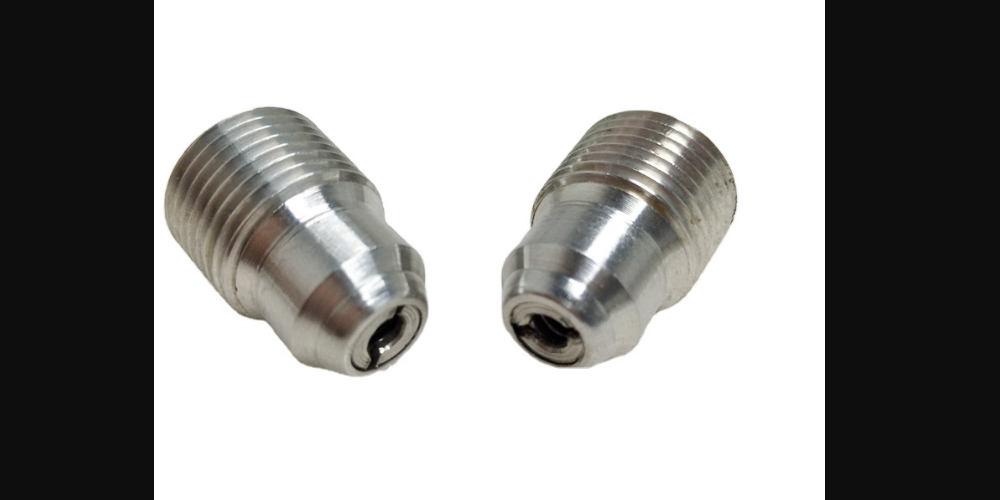An internal check valve is a device designed to allow a single direction flow of fluid. It allows gasses and liquids to flow in a specific direction without reversing. These elements move due to pressure, and the valve gives way. But it closes to prevent what has gone through it from flowing back in the same direction it is flowing from. The valves are usually in different categories and types depending on the specific need. Check these valves and other hydraulic orifice fitting parts to understand what we are talking about.
Six crucial things about the internal check valve
Internal check valves come in multiple varieties and for various uses and applications. They get a wide application in both industries and commercial purposes. All the check valves function in the same way, with the only difference being the flow rate through each of them. Therefore, you will find them where a backflow must never happen.
Go for the best orifice check valve
Valves allow the proper movement of gas and liquids and are common in numerous processes. But they are in different models and sizes, making it hard to choose. Deciding which one to choose is not a straightforward activity. However, having some basic valve knowledge makes the selection process more straightforward. With this information, it is easier than when you do not have an idea.
Know the valve type and size
There are about six check valves for the orifice tool and other systems. They are: shut off the flow valve, adjust the flow valve, divert flow valve, pressure relief check valve, backflow prevention valve, and mix flow check valve.
The materials that make the valve
It is good to know how compatible the check valve is with the flowing liquid. Plastic valves perform better against corrosion and harsh chemicals and thus better for high-pressure liquids and gasses. Choosing the suitable valve materials will help you get the best performance. Always go for an efficient valve and one that requires no maintenance.
Special valve requirements
Find out whether the valves will need high pressure to close or use downstream pressure. Making the most suitable choice determines the valve’s reliability. To make the right decision, you will have to know whether you need a valve that closes more than it opens and vice versa.
Know the routine necessities
Determine how pressure and temperature affect the valve you choose. Know which one makes it perform at its best. When piping pressurized gasses, metal valves are better because they perform better.
Consider maintenance
When making your choice, consider the maintenance needs of the valve. For instance, the ball valves work better when adjusting the flow but do not do well in controlling the flow. As a result, they will, most likely, burst and fail or develop leaks.
Get the best internal check valve
The tips listed here will help you know one or two basic pieces of information about internal check valves. This is the information you need to consider when choosing these fittings. Since you know how each element works, you will have an easier time deciding.
